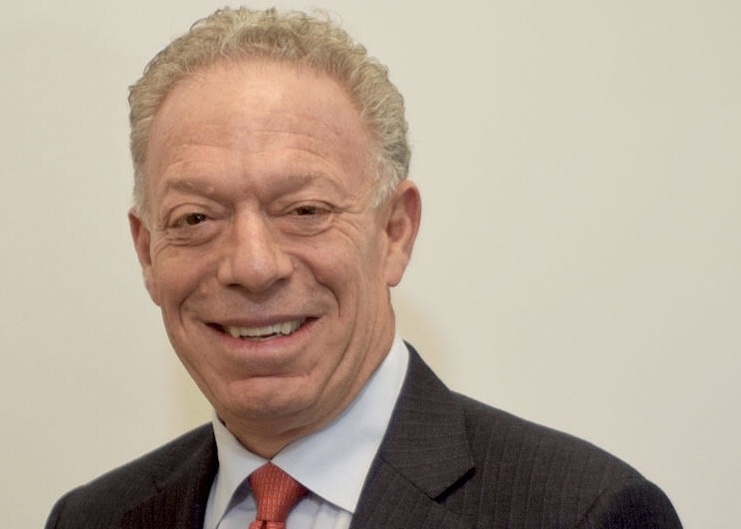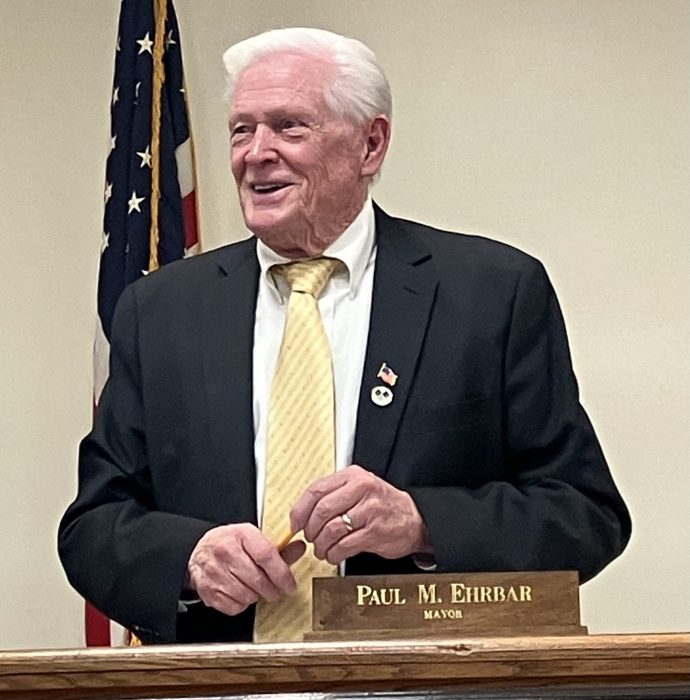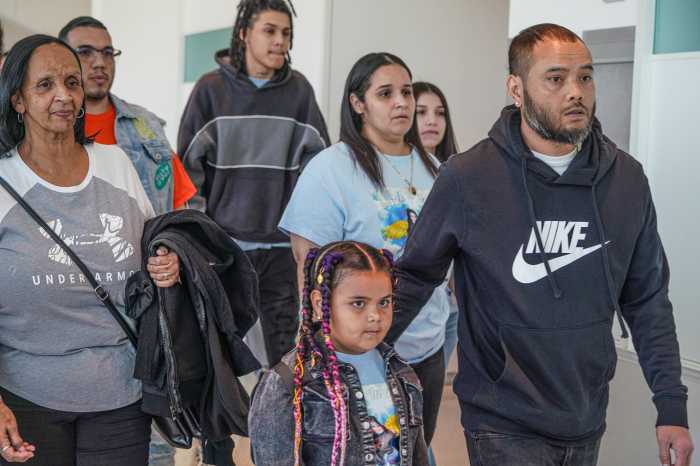Norton L. Travis is chief executive officer of ProHealth Dental, which operates multispeciality dental offices on Long Island and in Queens, New Jersey, and Westchester County. Its mission is to promote the importance of oral health as an important element of overall health. Travis worked as a lawyer, specializing in health care, for more than 25 years before assuming his current position in December 2015. He was also project coordinator and a consultant for the New York Proton Center. a cancer care center in Harlem, for which he helped raise $350 million. This conversation has been edited and condensed.
How do you define ProHealthDental? Well, let’s start with just ProHealth. ProHealth is a large, physician-driven organization that provides a full range of health services. Three years ago, there was a decision made that ProHealth should also provide dental services. ProHealth Dental is a separate organization from ProHealth, but our business model revolves around treating a person’s whole health. At ProHealthDental, we are all about attaching the mouth back to the body so we can provide full-health services.
What’s meant by “attaching the mouth back to the body?” Taking proper care of the mouth has an enormous effect on someone’s overall health. Our model also calls for us to educate the public about oral health.
But you do treat cavities, right? Yes, of course. If you look at a lot of dental practices, they are a lot about dental cosmetics. We do that, too. But we want to be the kind of dental office where people learn to lead healthy lives. It’s astonishing how many people on all socioeconomic levels are not leading healthy lives.
What’s the problem with getting people to do that? It’s first of all convincing them to see a dentist. Many people have a fear of dentists. The difficulty is also the way the healthcare system is set up. There is little, if any, insurance coverage for dental care. People seem to think there is little connection between overall health and dental care. The Harvard School of Dental Medicine is one of the few in the country breaking down the chasm between dentistry and medicine. They are very definitely connected. We have developed a clinical affiliation with ProHealth. We can coordinate care. It’s a proven fact that poor dental care has a major effect on people with cardiac problems, obesity and sleep apnea.
So how do you coordinate with ProHealth? We start at the intake process. We provide the latest technology to detect oral cancer. We … [ask patients] about possible sleep disorders. We do blood-pressure screening. We ask patients if they have a primary-care physician. We don’t just look in a patient’s mouth. If there is going to be a germ of some type in a person’s body, it’s going to be seen in an oral examination.
Can you give us an example how the coordination works? Well, there is a pediatrician’s office across the hall from us. One of the pediatricians saw something in a child’s mouth that concerned her. Her office asked us if we could see the child [in our office]. One of our dentists said, No. I will be over there in a second. And she was.
Why don’t all dentists adopt the same whole-health methods you do? It starts in the medical schools. Other than at Harvard Dental School, they don’t teach a lot about overall health. The problem is also exacerbated by the insurance companies. People seem to feel that, if there is limited dental coverage, dental issues can’t be all that important. We are working with Medicare to try and convince the federal government to cover periodontal disease. Studies show that if Medicare covered periodontal disease, less money would have to be spent later treating the conditions that result from periodontal disease.
Why do you think there is such little coverage for dental treatment? It’s historical. Remember, people used to get their teeth taken care of by barbers, who pulled teeth out with a string. People still seem to feel the mouth is not connected to the rest of the body.
Do you think your model is catching on? It’s just starting to evolve. Throughout the country, there are only a handful of other practices doing all of this. For us, there always has to be a mission. We believe we can run a successful practice and do good at the same time. We believe we are advancing the needle.


































